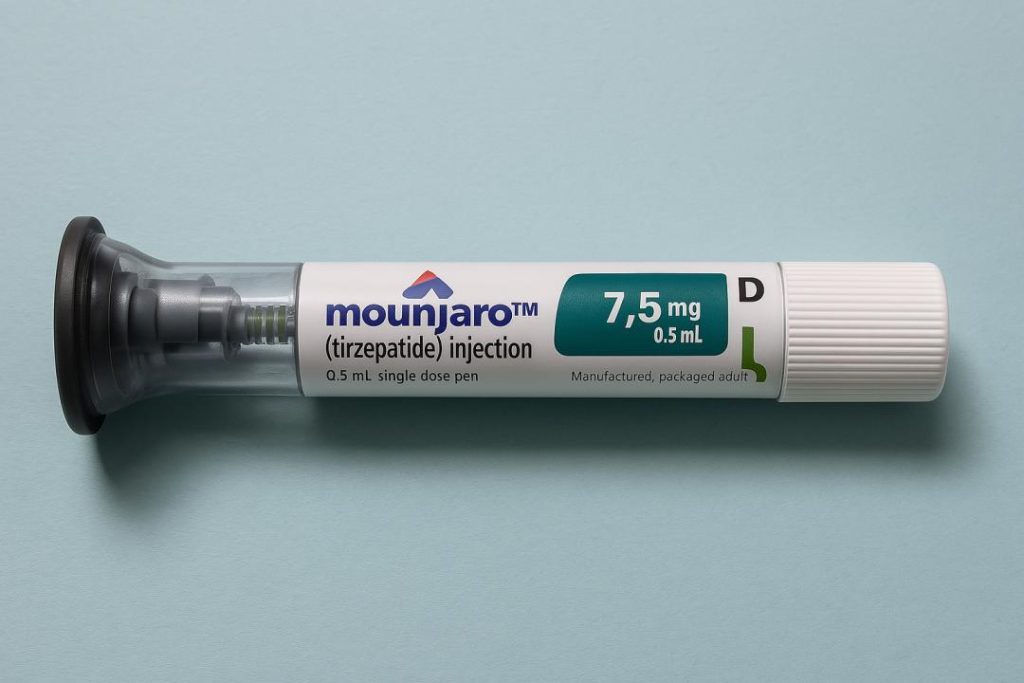
GLP-1 drugs safe for thyroid, no cancer link found: Study
The use of GLP-1 receptor agonists, such as Ozempic and Victoza, has been a game-changer in the management of type 2 diabetes. These medications have been shown to not only lower blood sugar levels but also improve cardiovascular outcomes and even promote weight loss. However, concerns have been raised about the potential link between GLP-1 drugs and thyroid cancer risk.
A recent study published in the journal Diabetes Care has provided reassuring news for patients and healthcare providers alike. Researchers analyzed the health records of over 460,000 patients with type 2 diabetes and found no increased risk of thyroid tumors or cancer associated with GLP-1 receptor agonist use.
The study, which was conducted by a team of scientists from the University of Copenhagen, aimed to investigate the relationship between GLP-1 receptor agonists and thyroid cancer risk. The researchers used a large dataset of patient records from Denmark, which has a comprehensive national healthcare system that tracks patient outcomes and medical treatments.
The team analyzed the health records of 463,551 patients with type 2 diabetes, of whom 24,454 were treated with GLP-1 receptor agonists. These patients were compared to a control group of 439,097 patients with type 2 diabetes who did not receive GLP-1 receptor agonist therapy.
After adjusting for various confounding factors, such as age, sex, and other medical conditions, the researchers found no significant difference in the incidence of thyroid tumors or cancer between the GLP-1 receptor agonist group and the control group. This suggests that GLP-1 receptor agonists do not increase the risk of thyroid cancer or tumors in patients with type 2 diabetes.
The study’s findings are consistent with previous research on the subject. A 2019 meta-analysis of 14 clinical trials, which included over 30,000 patients with type 2 diabetes, found no increased risk of thyroid cancer or tumors associated with GLP-1 receptor agonist use.
So, what do these findings mean for patients with type 2 diabetes?
First and foremost, they offer reassurance about the safety of GLP-1 receptor agonists. For patients who are taking these medications, there is no need to worry about an increased risk of thyroid cancer or tumors.
Secondly, these findings highlight the importance of considering the overall benefits and risks of GLP-1 receptor agonist therapy for patients with type 2 diabetes. While there may be some potential risks associated with these medications, the benefits they offer in terms of blood sugar control, cardiovascular outcomes, and weight loss make them a valuable treatment option for many patients.
Finally, these findings underscore the need for continued research into the long-term safety and efficacy of GLP-1 receptor agonists. While this study provides reassuring news about the link between GLP-1 receptor agonists and thyroid cancer risk, there may be other potential risks or side effects that have not yet been identified.
In conclusion, the study published in Diabetes Care provides added reassurance about the safety of GLP-1 receptor agonists for patients with type 2 diabetes. For patients who are taking these medications, there is no need to worry about an increased risk of thyroid cancer or tumors. For healthcare providers, these findings highlight the importance of considering the overall benefits and risks of GLP-1 receptor agonist therapy and the need for continued research into the long-term safety and efficacy of these medications.
Source:
https://thepfc.club/blogs/news/are-glp-1-medicines-like-ozempic-safe-for-your-thyroid






